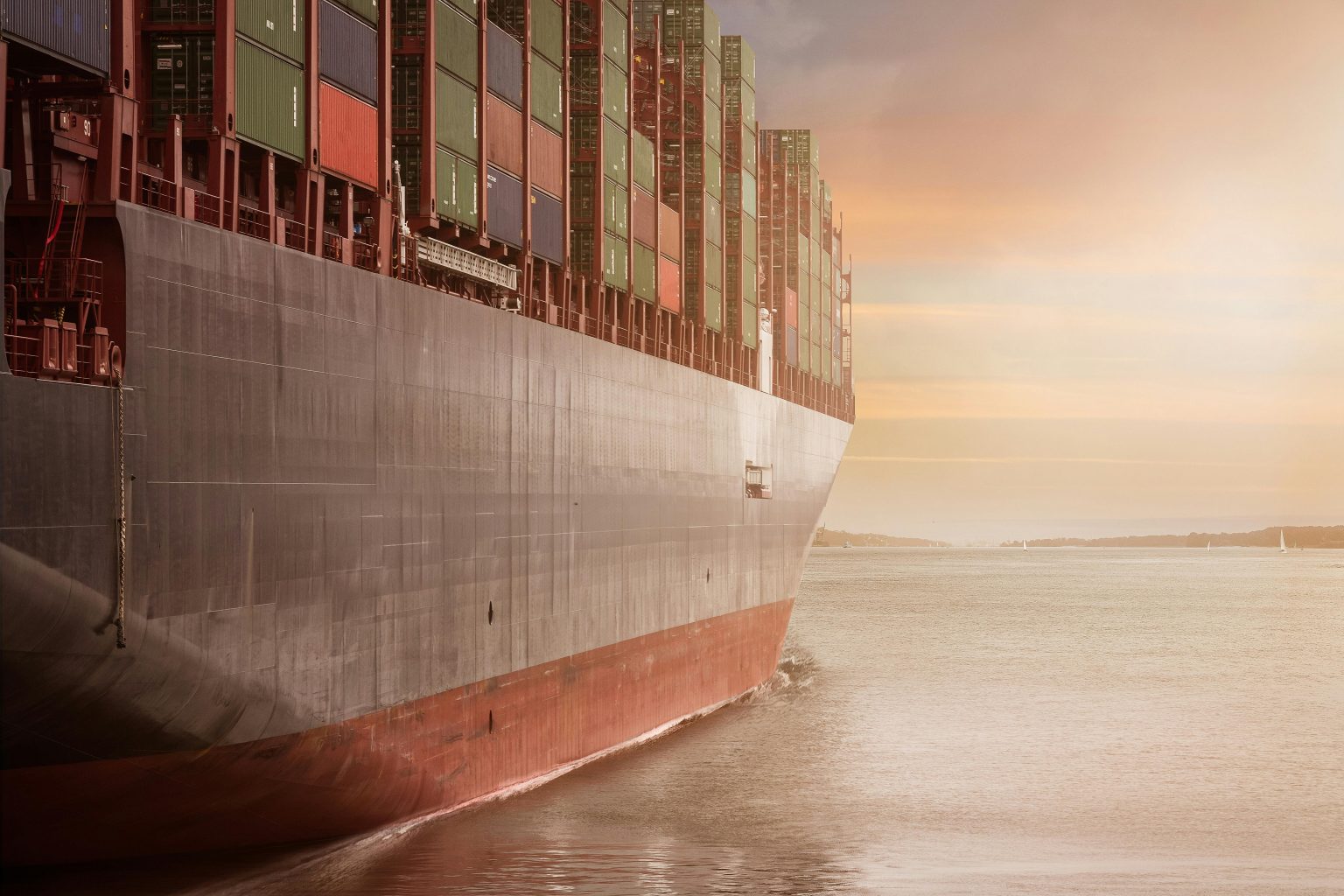Living in a world with forever changing technology, the shipping industry is no exception and is undergoing a revolution, driven by the need for improved efficiency, sustainability and competitiveness. Several key technologies have emerged and are transforming how the industry operates and laying the foundation for future changes in maritime careers to accommodate these changes.
Automation and Robotics
Automation is at the centre of technological advancements in shipping, with ports and vessels increasingly introducing automated systems to enhance efficiency. Automated cranes, guided vehicles and robotic systems are helping with cargo handling, lessening the need for manual labour and reducing human error. These technologies streamline operations, decrease turnaround times and improve safety.
Internet of Things (IoT)
IoT technology is transforming the shipping industry by enabling real-time monitoring and data collection from various sources, including ships, containers and port equipment. IoT sensors provide valuable insights into equipment performance, cargo conditions and environmental factors, allowing for predictive maintenance, optimised routing and improved decision-making. This connectivity enhances operational efficiency and reduces costs.
Big Data
The ability to collect and analyse vast amounts of data is transforming the shipping industry. Big data analytics helps companies optimise routes, manage fuel consumption and improve supply chain visibility. By using data-driven insights, shipping companies can make informed decisions, enhance customer service and increase profitability. Predictive analytics also plays a role in forecasting demand and managing risks.
Blockchain Technology
Blockchain is gaining momentum in the shipping sector thanks to its potential to enhance transparency, security and efficiency in supply chain management. By providing a decentralised and indisputable ledger, blockchain technology facilitates secure and transparent transactions, reduces paperwork and minimises the risk of fraud. It streamlines processes such as documentation, customs clearance and payment settlements.
Artificial Intelligence (AI)
AI and machine learning are being used to streamline various elements of shipping operations, from route planning to predictive maintenance. These technologies enable ships to autonomously adjust routes based on weather conditions, traffic and fuel efficiency. AI-driven systems also enhance decision-making by analysing patterns and trends, leading to improved operational efficiency and cost savings.
Sustainable Technologies
With increasing pressure to reduce environmental impact, the shipping industry is investing heavily in sustainable technologies. This includes the development of alternative fuels such as liquefied natural gas (LNG), hydrogen, biofuels, along with energy-efficient propulsion systems and hull designs. Technologies such as wind-assisted propulsion and solar panels are also being looked at to reduce greenhouse gas emissions and fuel consumption.
Digital Twins
Digital twin technology involves creating a virtual replica of a ship or port facility to simulate and analyse its performance. This technology enables real-time monitoring, predictive maintenance and scenario testing, leading to improved efficiency and reduced downtime.
The shipping industry is welcoming a range of in-demand technologies to enhance efficiency, sustainability and competitiveness. Automation, IoT, big data, blockchain, AI, sustainable technologies and digital twins are at the centre of this transformation, driving innovation and reshaping the future of shipping. As these technologies continue to evolve, they will play a key role in rising to the challenges and opportunities facing the industry, ensuring its continued growth and success in the global market.



